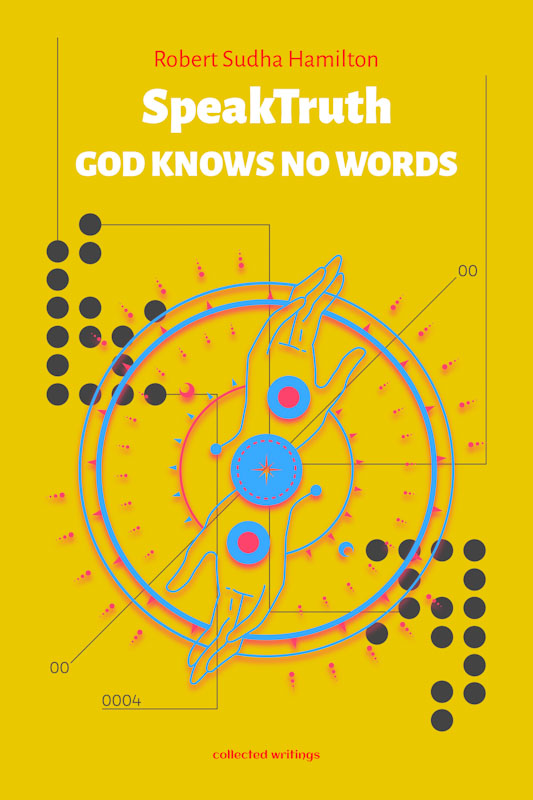Special relationships are what the whole myth of divinity is really about. There is no God: No God that has a special relationship with us. God was invented by those wishing to confer power upon themselves via this special relationship. I have spent many years studying ancient recorded history at university and since then. There is no evidential proof indicating the bona fide existence of a God or gods. There is not one iota of real undeniable proof for the existence of the kind of gods worshipped in the past and still worshipped today by some.
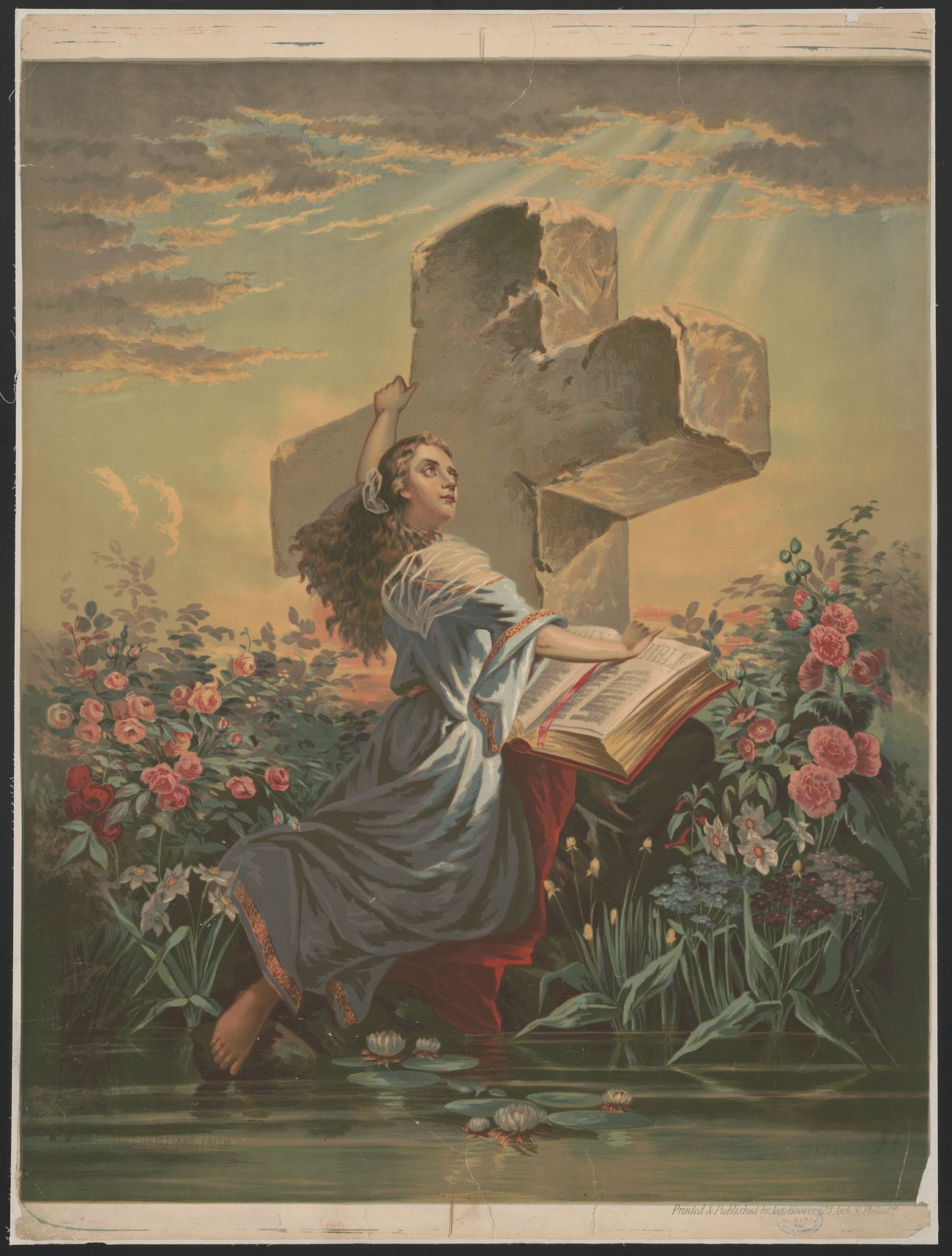
The Sticky Nature Of Belief In A Supernatural Entity
The Abrahamic religions are all based on revelation. We are asked to believe that an all powerful supernatural entity revealed itself to a select few prophets over various time scales in the middle eastern region of the planet. Historically, we refer to these as Bronze Age phenomena, because they occurred, in the main, around 3 to 4 millennia ago. The idea of a revealed God has proven to be a culturally sticky one, as seen by its continued existence in this the 21C. This is because it has been passed down intergenerationally within families and communities. In addition, for many centuries these religions were state based institutions enforced at point of death or exile. Their continued existence and belief in the minds of some is not evidence of their divine nature, as claimed by some proselytising elements within these religious groups themselves.

The Idea Of God & The Special Relationship
Think about the very idea of a God, and separate it from whatever has been told you by family and community elders, if you can. Spend a few minutes pondering this idea of God. What purpose does an invisible conception of something all knowing and all powerful serve? Why has humankind invented such a phenomenon? This thing that you cannot touch or see in its direct formation, what could be its purpose? Is it like an imaginary friend? Children invent imaginary friends. Do our children, generally, imagine omnipotent, omniscient and omnipresent beings as early childhood companions? Perhaps not in the way the nature of the Abrahamic Gods are depicted in scripture. The Old Testament God is not really a friend either and nor is Allah. Rather, a divine force of awesome power to frighten enemies with. God exists to confer a special relationship upon those people who believe in it, him or her.
God has traditionally appeared to be closer to the kings, queens, and high priests within communities and civilisations than the run of the mill membership.
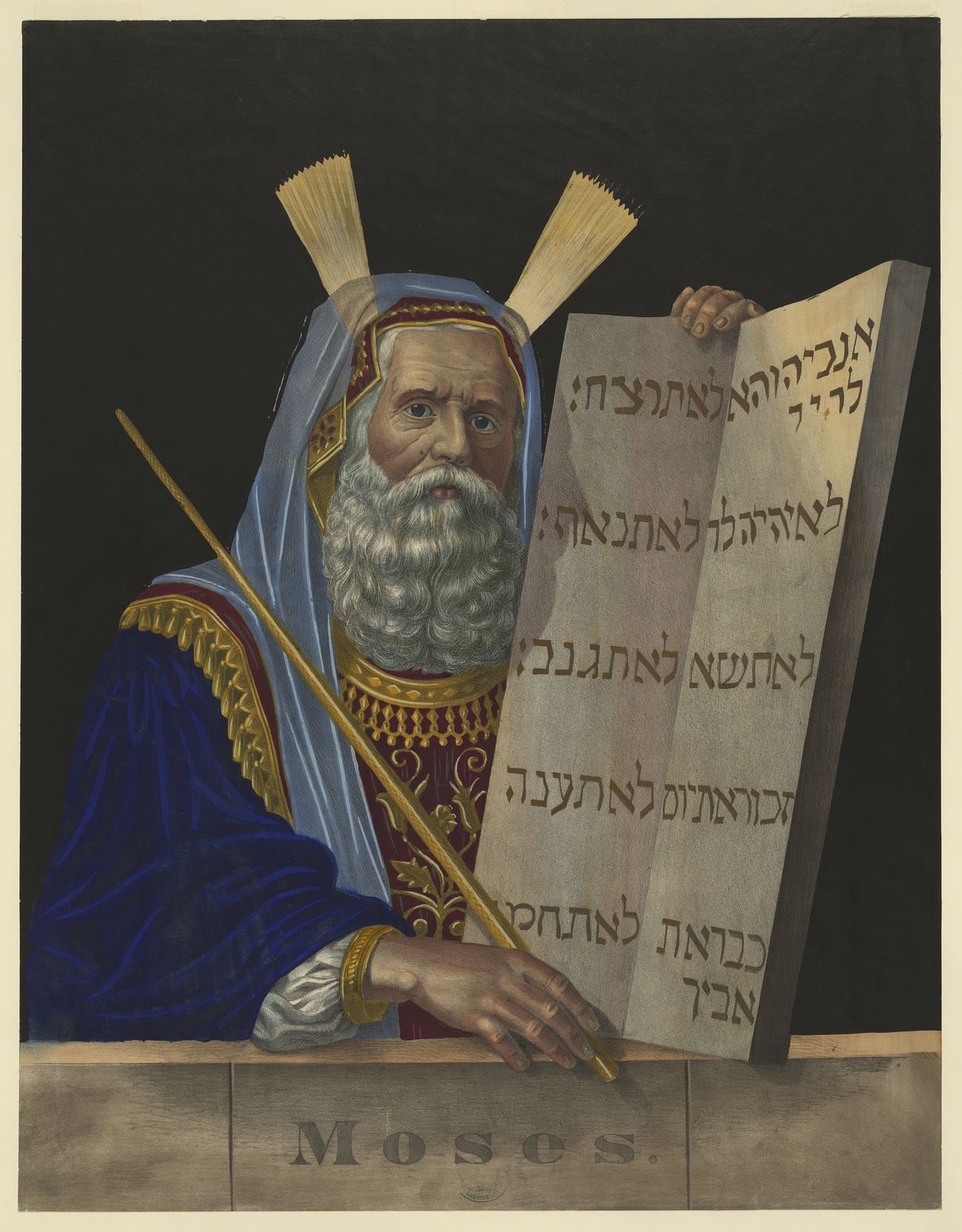
The idea of God has served the leadership far more in material terms than the hoi poloi – the common people. Of course, the God idea has morphed over time, especially in the West, from a state based one to a more private intimate manifestation. Our individual conception of our relationship to God, for believers, is more our own and less the states. A special relationship still exists but it does not obviously confer the same amount of perceived power to the believer in terms of inspiring fear in others and giving the believer a possible edge in battle. Most believers do not do so in the hope that their faith will rain down fire and brimstone upon the unbeliever. There are exceptions of course. Therefore, this means that every believer has her or his own definition of what their religion is about and who actually their God is. This means that in reality there is not a score or so of popular religions but billions of them each professing differing aspects from each other.
Yes, there are still Popes and high priests with hierarchical structures around them but they become ever more distant from the day to day beliefs of theists. God has become more of an imaginary friend like that of small children than ever before.
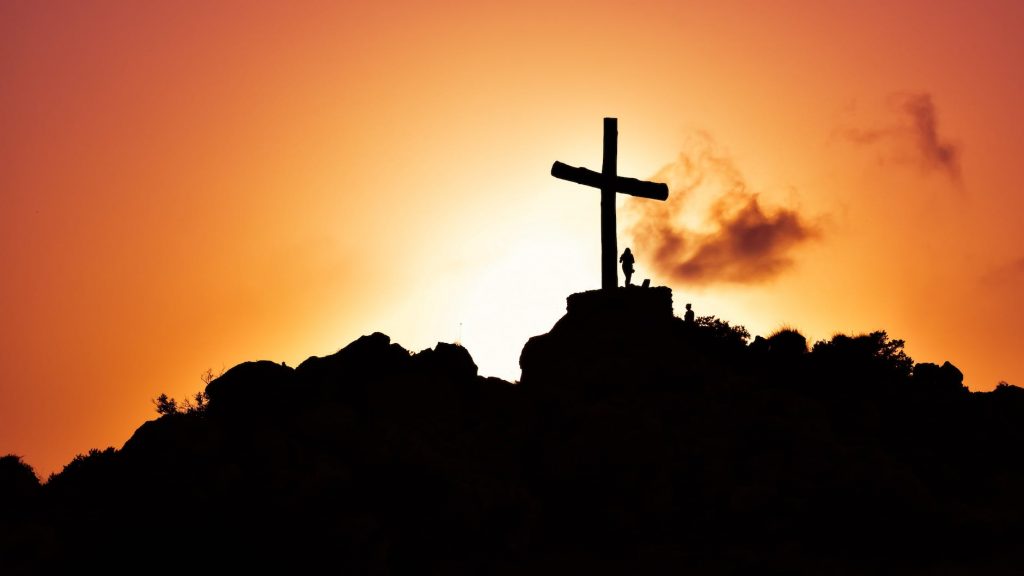
There are those among us who allow for the possibility that there may well be some mystical force at the very heart of all life. These folk may, perhaps, be called deists in that they sense a spark at the centre of the universe. However, this divine spark does not make up moral rules or interfere via a priesthood in the lives of its creation. Organised religion is 99.999% about interfering in the lives of those it counts as its believers. This is why religion is a cultural phenomenon and not really about divinity. It is about people because it is people who have a conception of God and who have invented their Gods.
Religion is not about God; it is about people. On this basis, there is no God: No God that has a special relationship with us in the way that organised religion professes it to be so.
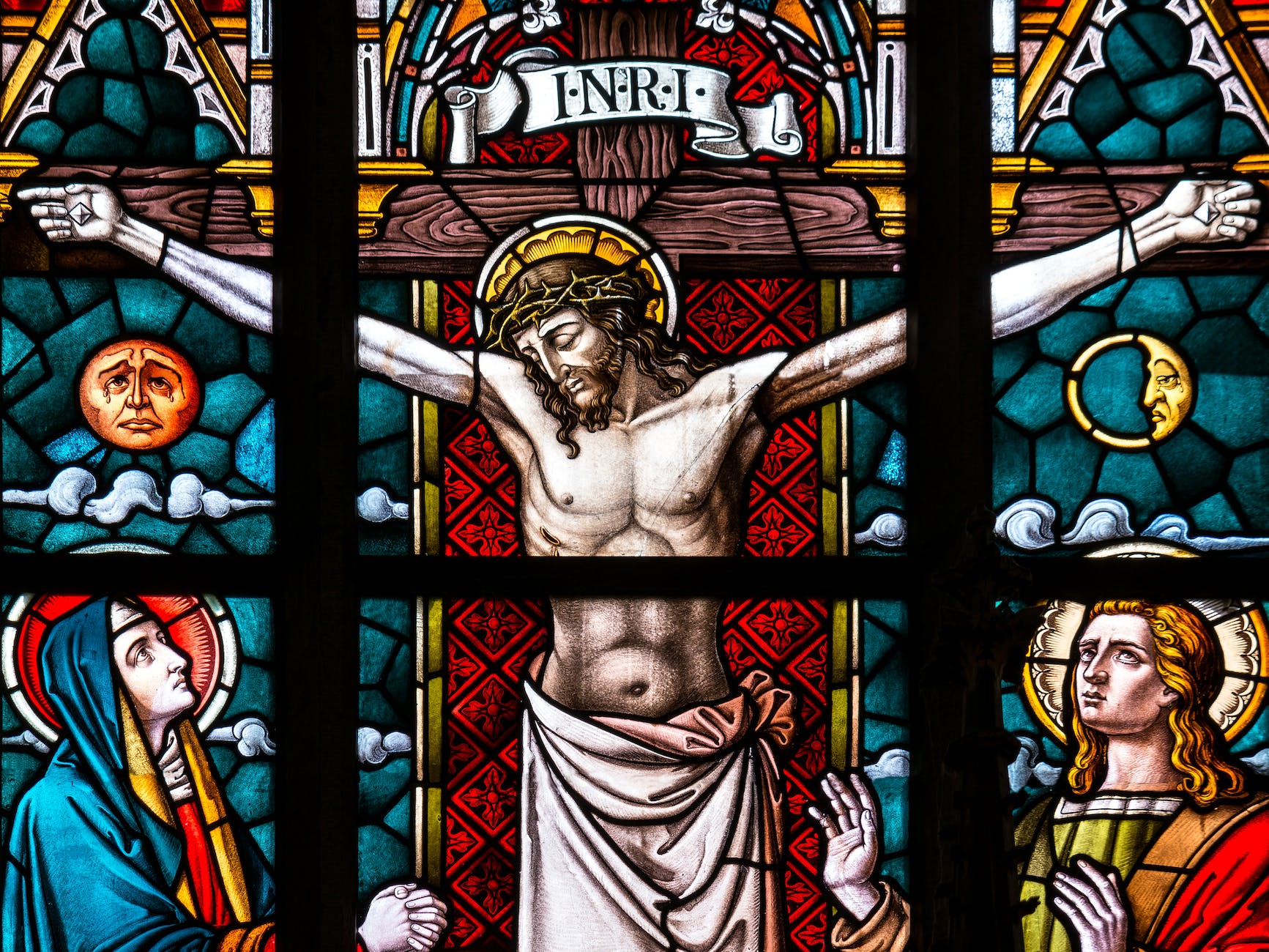
We human beings love a good story and it is these stories that make up our lives. Religions fill their holy books with stories designed to foster belief and to instruct believers in how to go about their lives. Stories told and copied down many hundreds of years ago. Miracles are big in the Christian tradition, as all supernatural events were considered to be miraculous and divinely inspired in the ancient and medieval worlds. Science has debunked much of what was formerly considered to be the province of the Gods. Still, some of us stubbornly hang onto belief in highly unlikely scenarios, like the resurrection after death by crucifixion of Jesus of Nazareth.
This narrative permeates through the entire Christian religion and the suspension of disbelief lies at the core of belief.

We live for a period of time and then we die. This indisputable fact, sorry Jesus, is profoundly upsetting to many of us, especially if lives are cut short for whatever reason. Belief in an undying and eternal deity can provide some solace in the face of the cruel nature of death. We are a creative species and our creation of the conception of God has turned the tables on death – inside our minds at any rate. Religious belief can comfort some during the traumatic period around the death of loved ones. The invention of heaven and paradise offers mental respite from the harsh biological truth that death confronts us with. Unfortunately these fairy tales are accompanied by large tracts of moralising about behaviours that may have been inappropriate a couple of thousand years ago for whatever reason. LGBTQI+ people are not best served by Bronze Age Abrahamic religions in the 21C. Women in the modern era are similarly not best served by these religious traditions. Slavery was considered to be par for the course back then. There is no God that held these views thousands of years ago or now. These were the creation of men. All of it was made up by human beings. There is no God: No God that has a special relationship with us.
This stuff was invented by those with a vested interest in promulgating such ideas and rules for their benefit. Some of it may have been done with the best intentions and some for power and the wealth that would bring.
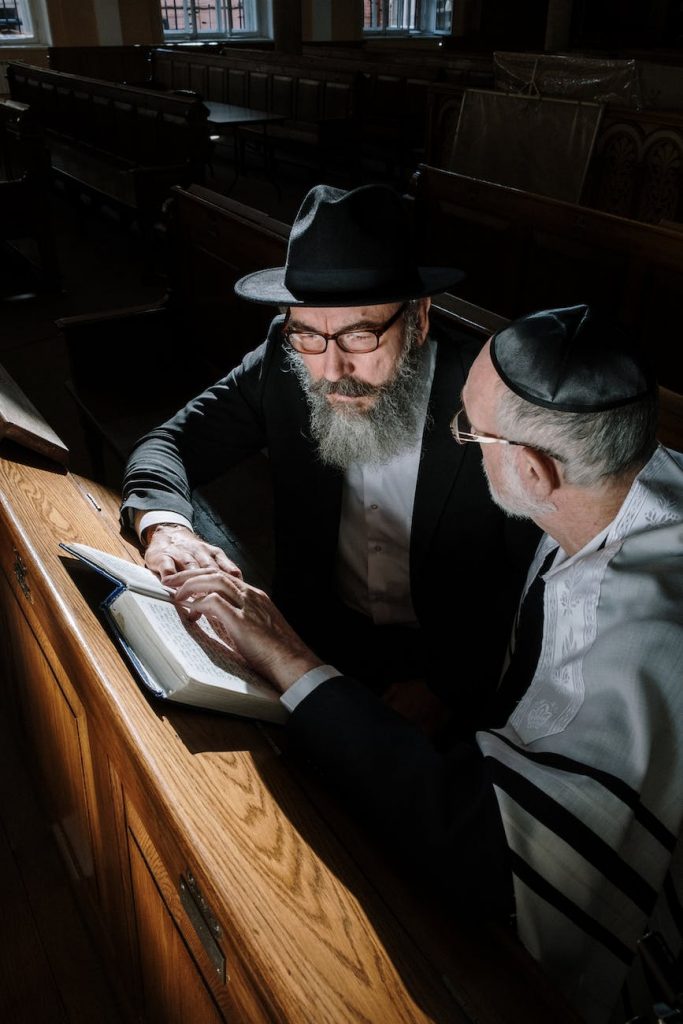
Are you lonely tonight? Do you wake in the wee hours and lie there worrying about the meaning of life? Does the conception of a God provide you with a security blanket to keep off the chills of aloneness? Will you walk into the valley of death armed with your belief in God? The burial chambers inside the Egyptian pyramids were furnished with magical symbols and a vast array of burial goods to facilitate the occupant’s journey into the afterlife. How is your story? Do you have a good, believable story about life and your coming death? What role does God play in this narrative? Do you maintain a special relationship with an invisible supernatural entity? A belief in God is fundamentally about that special relationship.
Robert Sudha Hamilton
©House Therapy
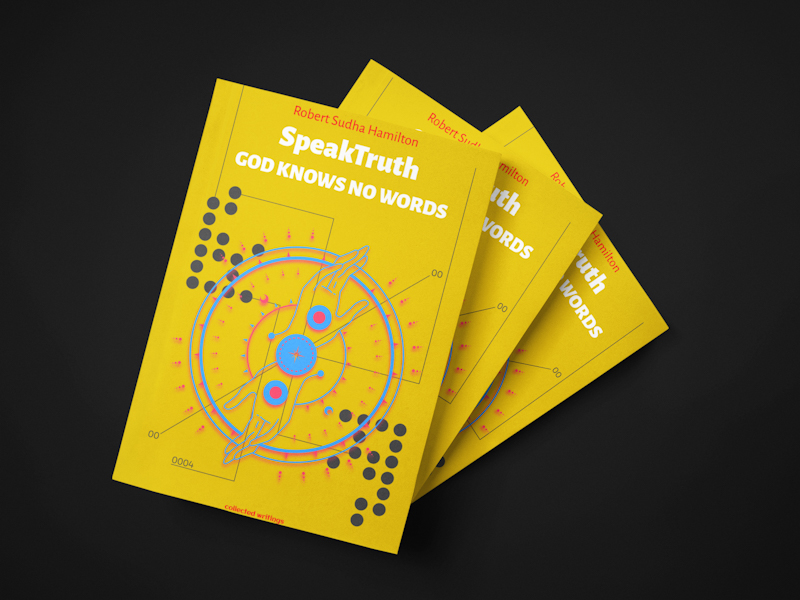
-
A Guide To Healing & Wellbeing PDF version
$8.99 -
House Therapy by Sudha Hamilton ebook in PDF
$5.99 -
House Therapy by Sudha Hamilton ebook MOBI
$5.99 -
House Therapy ebook by Sudha Hamilton EPUB
$5.99 -
Money Matters: Navigating Credit, Debt & Financial Freedom MOBI format
$11.99 -
Money Matters: Navigating Credit, Debt & Financial Freedom PDF format
$11.99 -
SpeakTruth: God Knows No Words EPUB
$8.99 -
The Golf Book: Green Cathedral Dreams EPUB
$7.99 -
The Golf Book: Green Cathedral Dreams PDF
$7.99
Aboriginal accountants AFL African Americans Albanese America Australia belief Coalition corporate greed Democracy economy fascism First Nations Fox News God golf GOP gun deaths history homes housing crisis human rights identity inflation men money morality Morrison murder neoliberalism pandemic Peter Dutton politics psychology Putin racism RBA religion SCOTUS slavery Trump Ukraine Voice women





